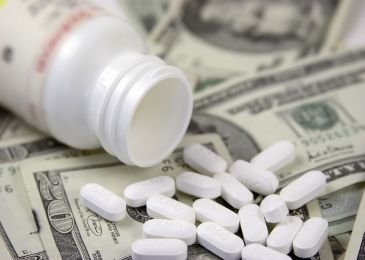Gilead attempt to secure patent on hepatitis C drug opposed in India
November 25, 2013 | Monday | News | By BioSpectrum Bureau
Gilead attempt to secure patent on hepatitis C drug opposed in India
Medecins Sans Frontieres (MSF) supports the 'patent opposition' just filed at India's Patent Office by the Initiative for Medicines, Access and Knowledge (I-MAK), which aims to prevent the US pharmaceutical company Gilead/Pharmasset from gaining a patent in India. Patent on sofosbuvir, a drug for hepatitis C that is coming to market soon with an anticipated exorbitant price.
Gilead is expected to charge around $80,000 for one treatment course of sofosbuvir in the US.Even if offered at a fraction of this price in developing countries, this drug will be priced out of reach.
The patent opposition-a form of citizen review allowed in many countries-offers technical grounds to show a drug does not merit patenting under India's Patents Act. This opposition was filed to ensure that affordable generic versions of sofocbuvir can be produced to help the millions of people infected with chronic hepatitis C in developing countries access the drug.
"Old science, known compound," said Tahir Amin, lawyer and director of I-MAK.org. "India's patent law doesn't give monopolies for old science or for compounds that are already in the public domain. We believe this patent on sofosbuvir does not deserve to be granted in India and have the legal grounds to prove it."
Sofosbuvir is the first of several oral hepatitis C drugs expected to come to market in the coming year. It cures hepatitis C in a much shorter time period than today's available treatment, and for some forms of hepatitis C, eliminates the need to use the injectable drug pegylated interferon, which can be difficult to administer and causes many serious side effects. Gilead is anticipated to receive marketing approval for sofosbuvir in the US on 8 December.
MSF has started providing hepatitis C treatment for a small number of people co-infected with HIV in its clinic in Mumbai, but cost (as high as $5,000 per patient) and complexity of today's available treatment means that patient numbers remain extremely low despite considerable needs.









